The black plague arrived in Venice in 1347 or 1348.
The Venetians only established the first Lazzaretto in 1423, and the second in 1468.
That’s seventy-five years to establish a hospital to limit the spread of a highly contagious and lethal decrease.
Couldn’t they have reacted faster?
Maybe they could have. Perhaps they couldn’t. However, before we start apportioning blame and excuses for what other people did in other times, let’s look a bit at ourselves.
Climate change
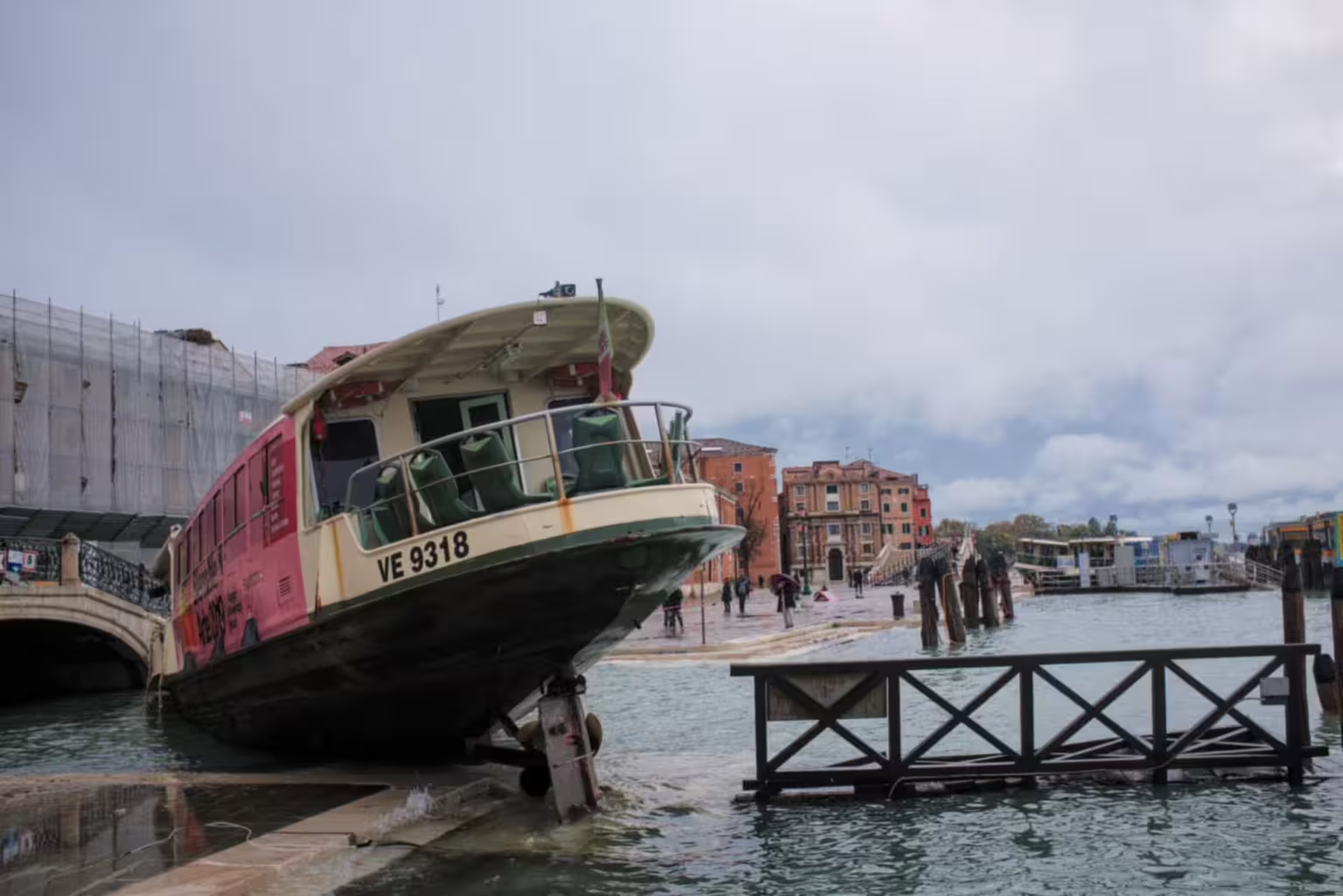
Our world and our times face a threat that is not inferior to the black plague.
The worst-case scenario could be the end of modern civilisation as we know it. We could be facing a future of both increased flooding and drought, of both cooling and warming, desertification, of widespread famines, of wars over access to water, of social upheaval and what not.
The vast majority of climate scientists agree on the prospects, and at least on some of the remedies.
Yet for something like half a century we’ve done almost nothing.
Why have we done so little?
There are many reasons, often interconnected and intertwined.
It is difficult to wrap your head around the prospect of drastic and irreversible changes to nature and society.
Most people don’t like change, and the larger the possible change the more resistance to accepting it, even if it could still be averted, at least partially.
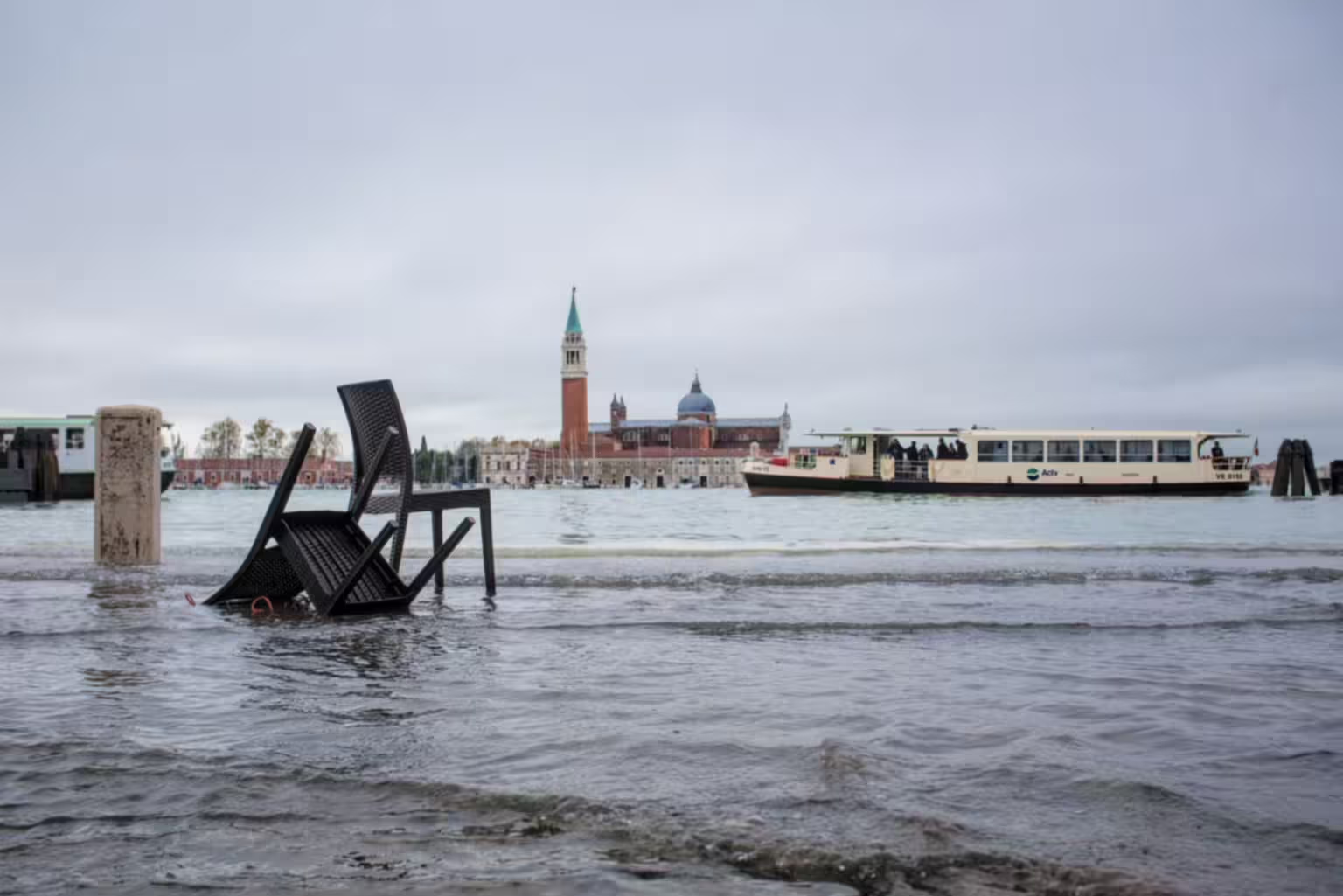
Sticking your head in the sand, pretending not to see the impending change, is a natural human reaction.
So is simply refusing irrefutable facts, even when they’re staring you in the eyes, if they don’t align with what you want to hear.
People, who’ve invested a large part of their life’s effort in the status quo, might be unable to accept the coming change.
Add to this economic vested interests in the status quo, and the resistance to accepting change, even unavoidable change, becomes strong.
All these things, and probably more, have impeded our ability to react. Consequently, we have done very little, despite our superior knowledge compared to the past.
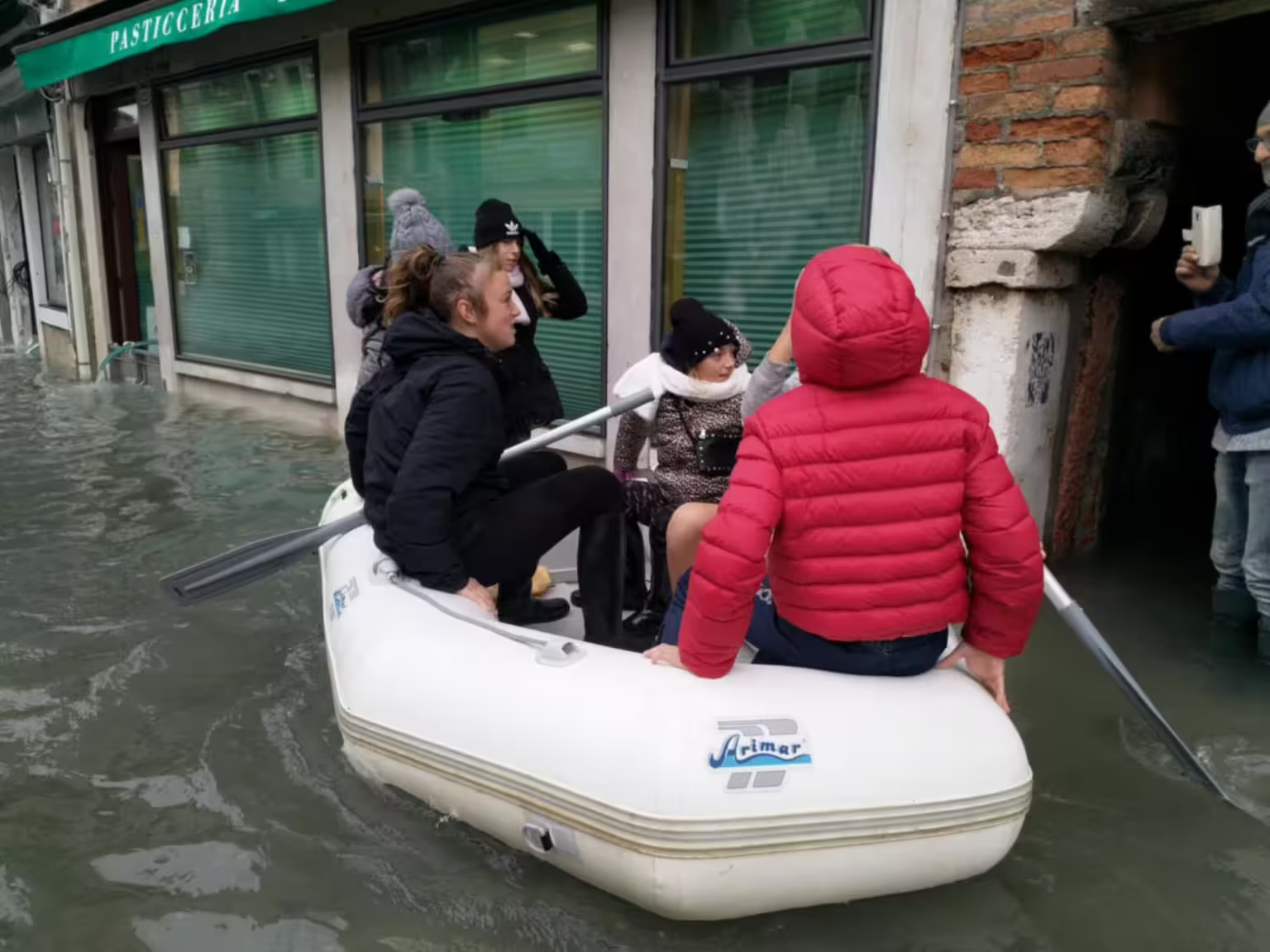
The plague emergency
All the things that have prevented us from reacting to impending climate change were in play in the 1300s too.
Vested economic interests, the refusal to accept that the world had changed irreversibly, or simply the inability to handle change, all led to long delays in doing what has to be done.
The people of the past weren’t more stupid than we are. Rather, they were just as stupid as we are, and the result was devastating.
Related articles
- The Black Plague
- A Chronology of the Black Plague in Venice
- The Venetian Lazzaretti
- Bad air will get you sick

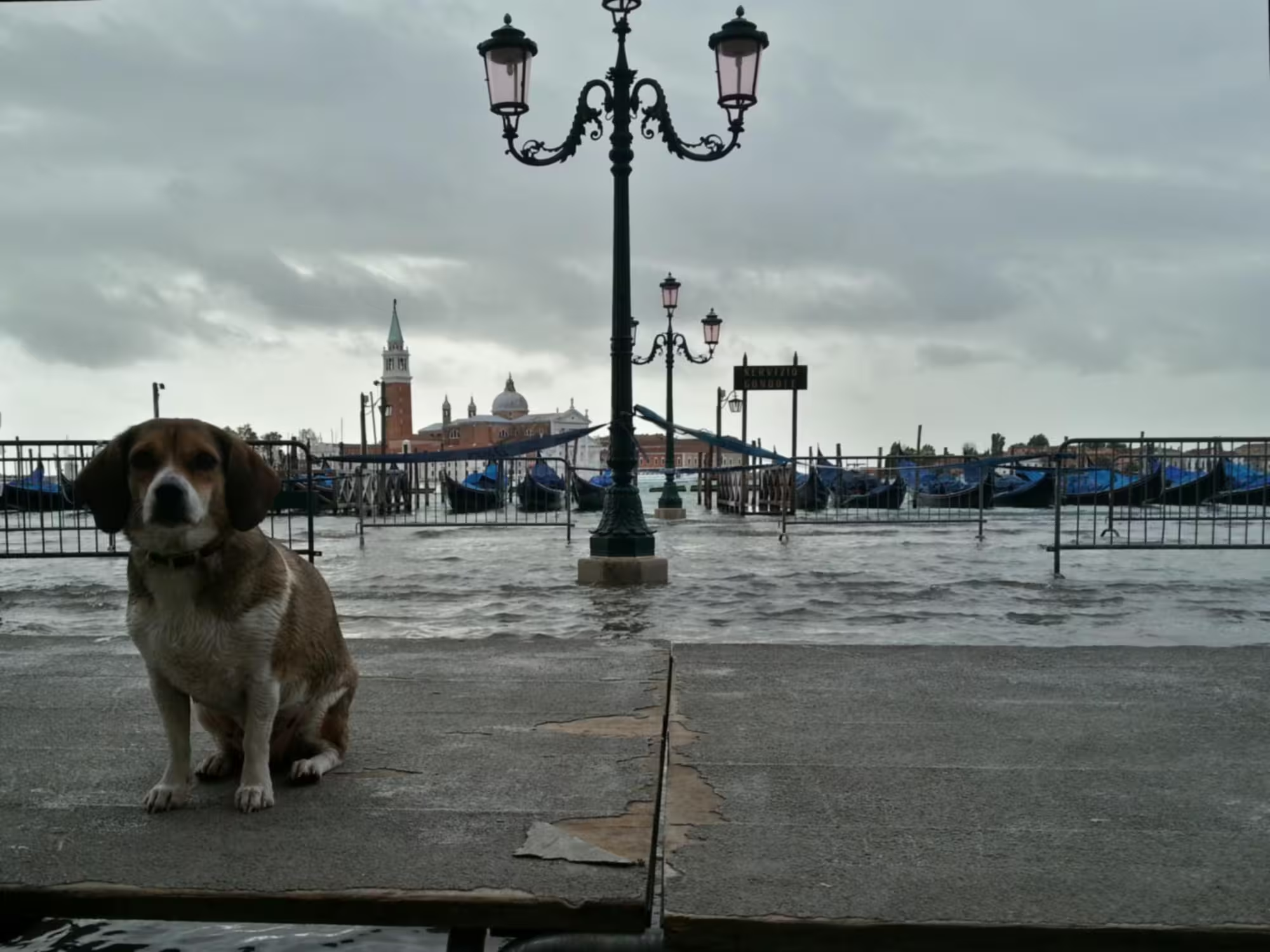
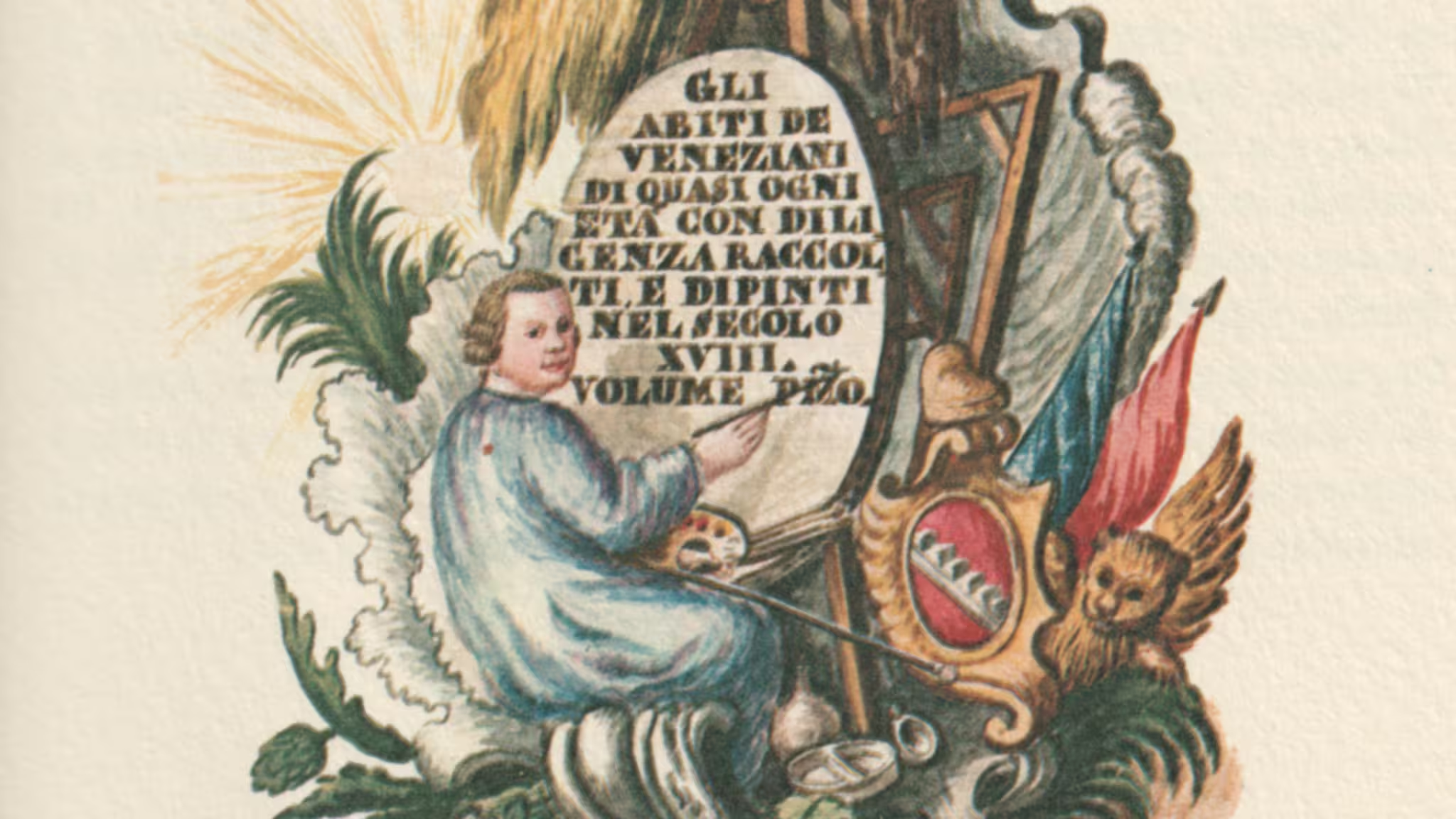
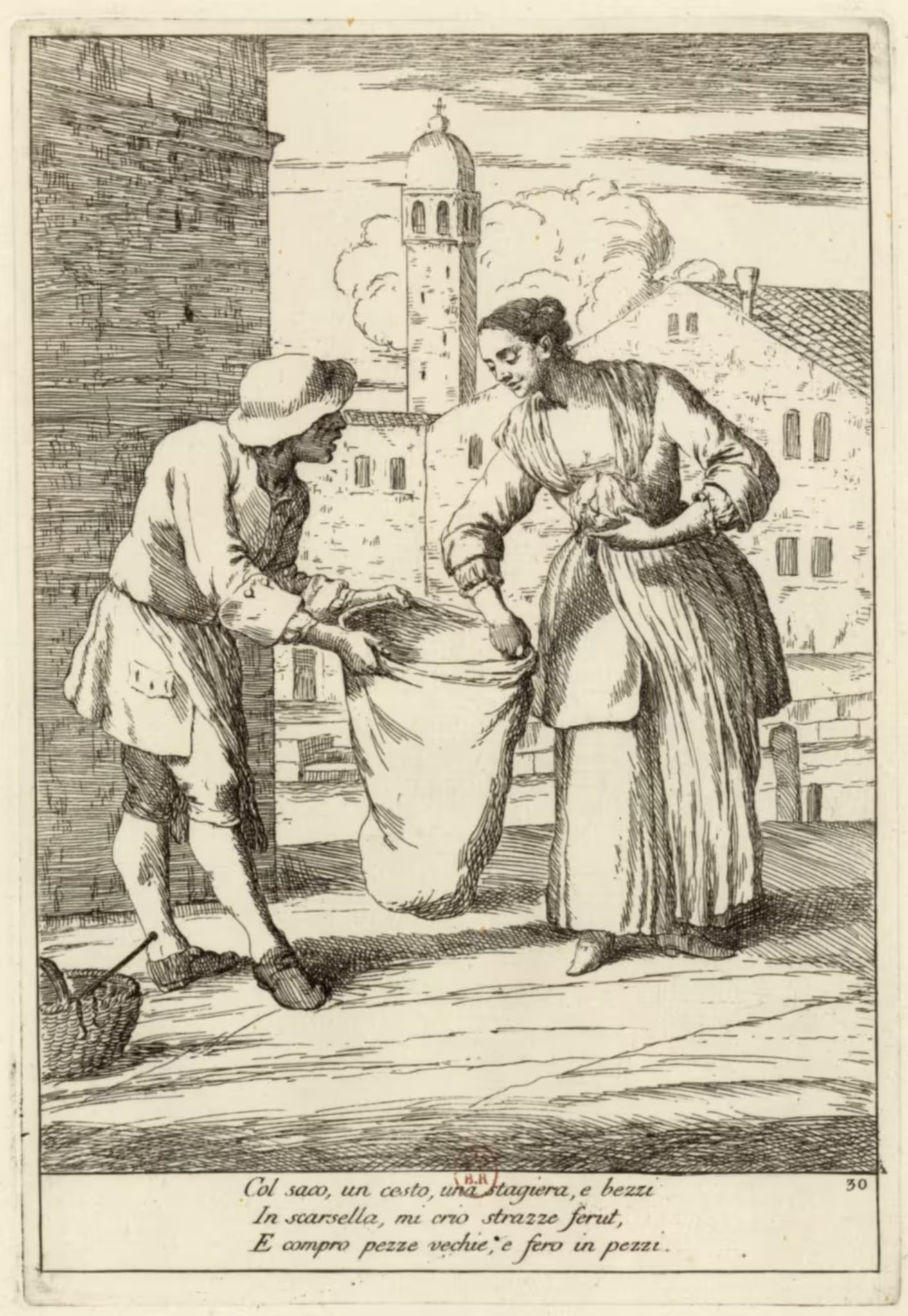
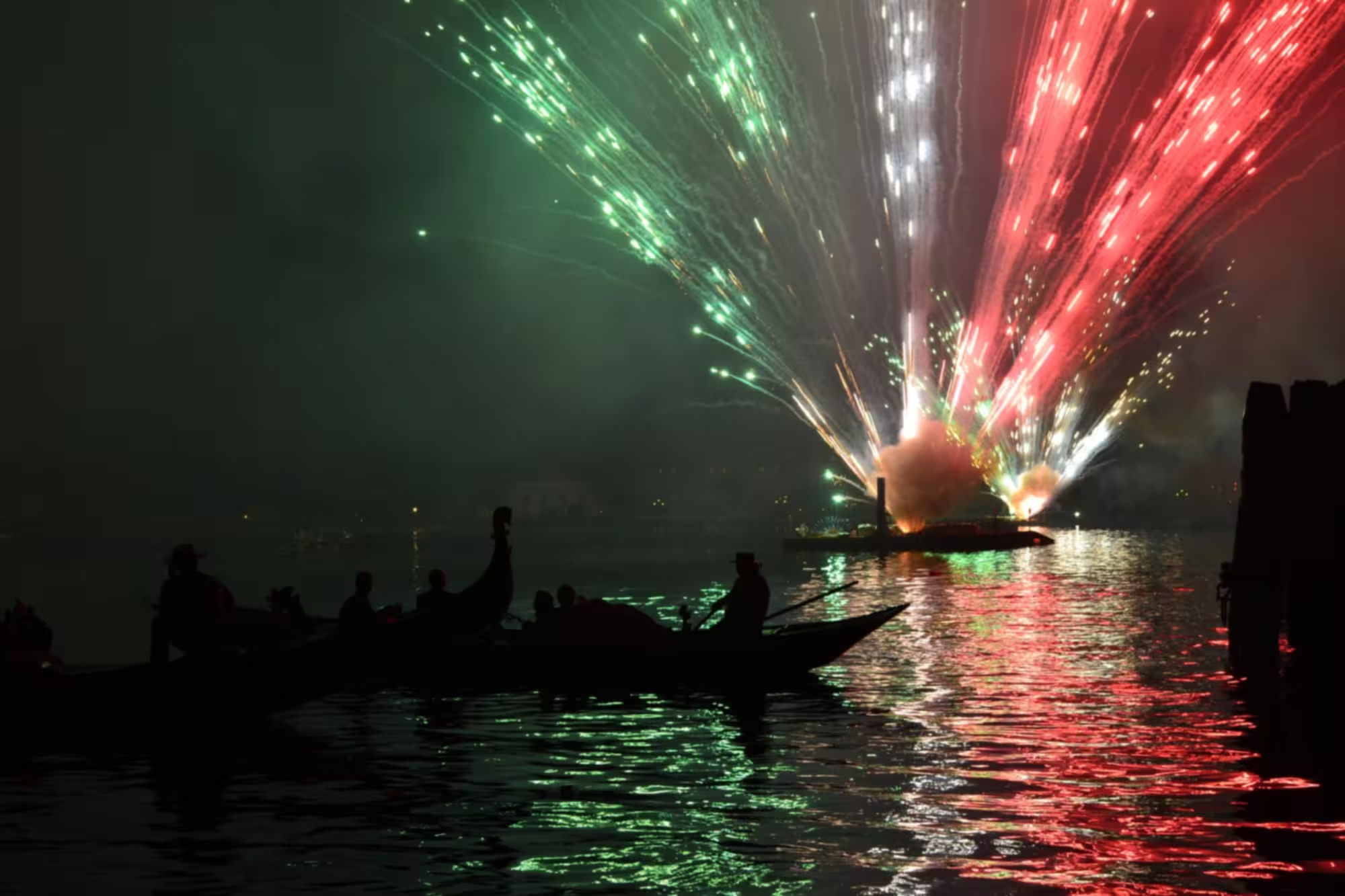
Leave a Reply